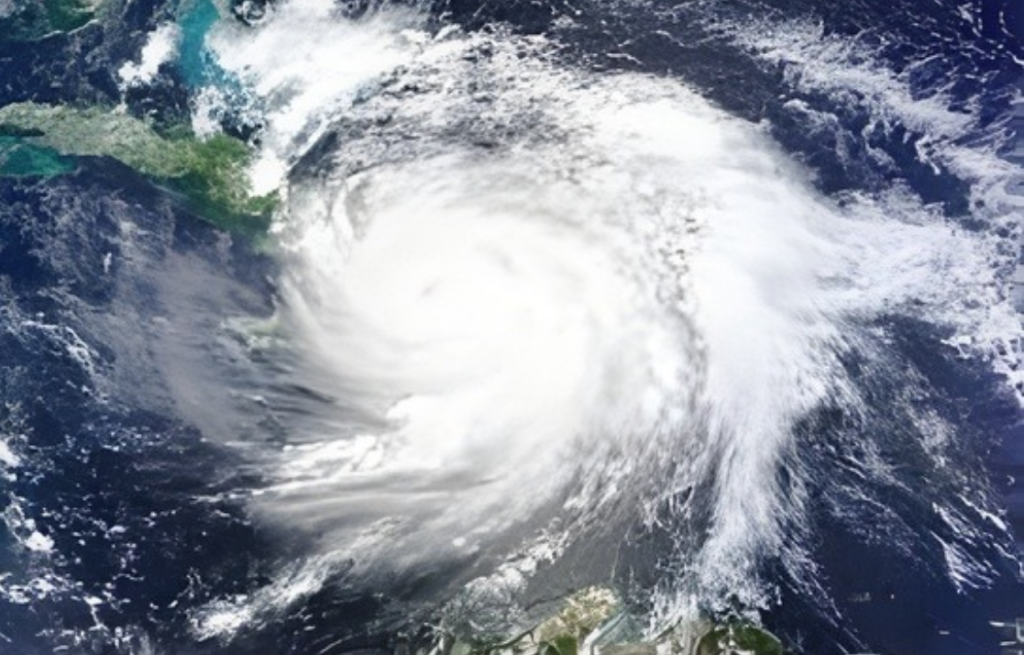
The arrival of Hurricane Melissa in Cuba, with 115-mph winds, became more than just a storm; it became a test of Caribbean resilience-a measure of how the world could answer when nature’s fury strikes hardest. After wreaking havoc on western Jamaica-where the town of Black River was “literally totally destroyed,” according to Prime Minister Andrew Holness-torrential rains from Melissa flooded Haiti, killing at least 20 people. But it is not just the scale of destruction that has stirred public anxiety; for many, U.S. aid seems slower to materialize than after other disasters.
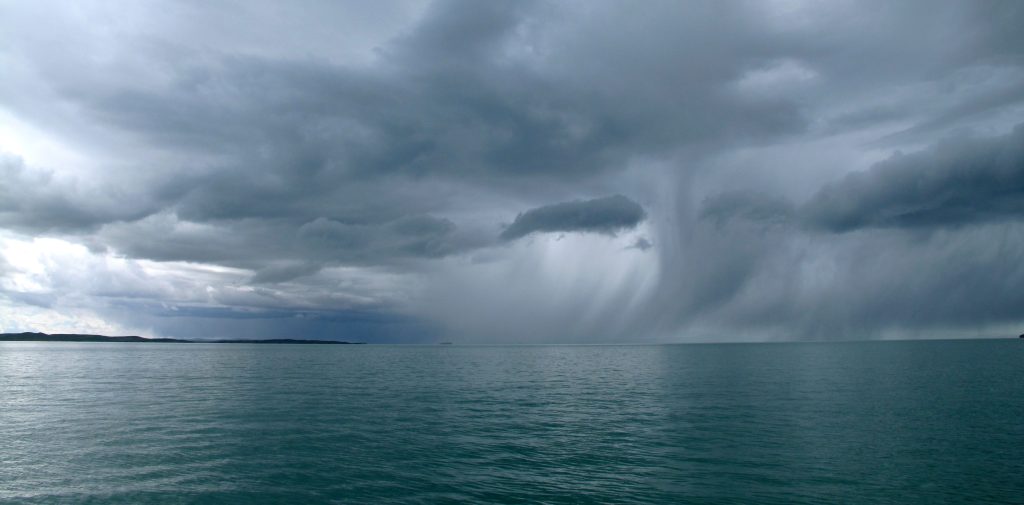
1. A Tempest Fed by Climate Change
Meteorologists have said storms like Melissa are getting stronger because of warmer ocean waters and a more moist atmosphere. The U.S. National Hurricane Center warned of “extremely dangerous and life-threatening” conditions in Jamaica, typical of Category 3 storms with sustained winds above 111 mph. Scientists have “high confidence” that human-driven warming is increasing precipitation rates in tropical cyclones and amplifying flood risks that cripple communities long after the winds die down.
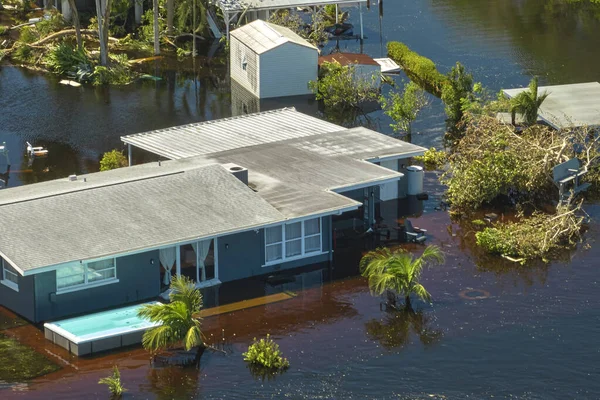
2. Heartbreak of Jamaica and Unbroken Spirit
Aerial surveys by Holness showed that hospitals were wrecked, police stations and libraries destroyed, and up to 90% of roofs sheared off in some parishes. Yet, he maintained that “the spirit of the people remains unbroken.” Airports reopening in phases Norman Manley International for humanitarian flights, Ian Fleming International for commercial traffic, and Sangster International in Montego Bay for relief operations signaled the first steps toward recovery.
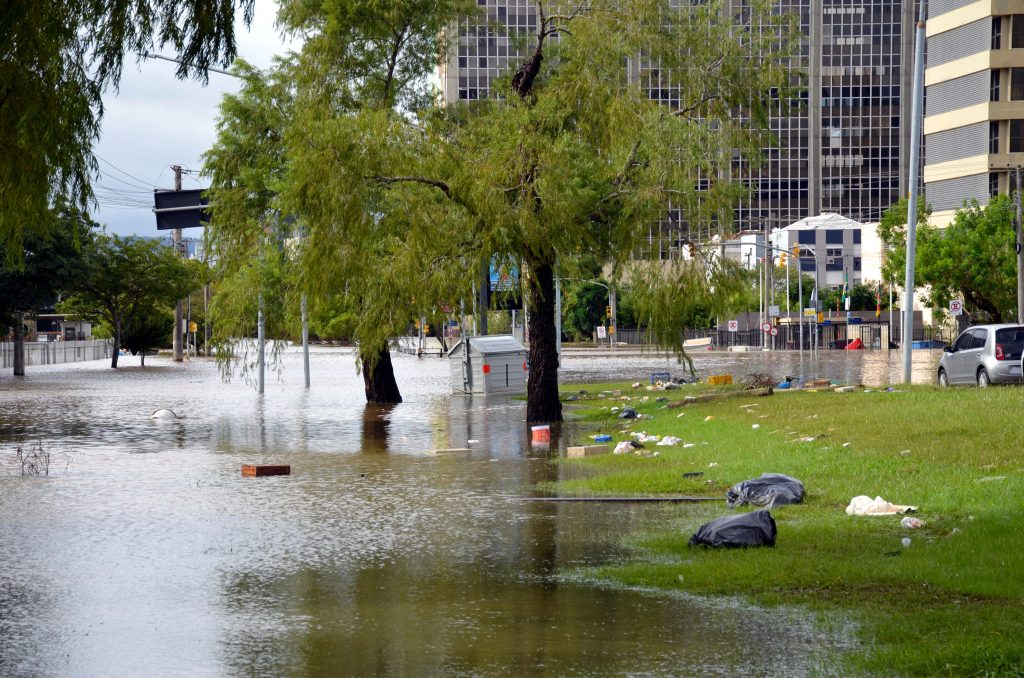
3. Haiti’s Deadly Floods
Rains driven by Melissa have caused deadly flooding in Haiti’s fragile infrastructure. At least 20 people are confirmed dead by officials, who underlined that low-lying areas were particularly vulnerable to storm surges and swollen rivers. Such tragedies make the call for resilient health systems and coordinated evacuation strategies particularly timely, especially for countries facing recurrent climate-driven disasters.
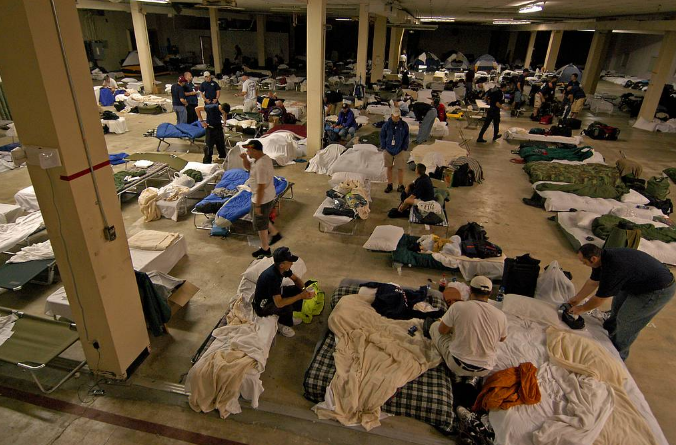
4. Cuba’s Mass Evacuations
Cuba had evacuated over 735,000 residents in advance of Melissa’s landfall. President Miguel Díaz-Canel warned of “considerable damage” with widespread flooding, crop losses, and near-total power outages in eastern provinces. Even with the storm heading into the Bahamas, winds still battered the island with gusts up to 100 mph, complicating relief efforts.
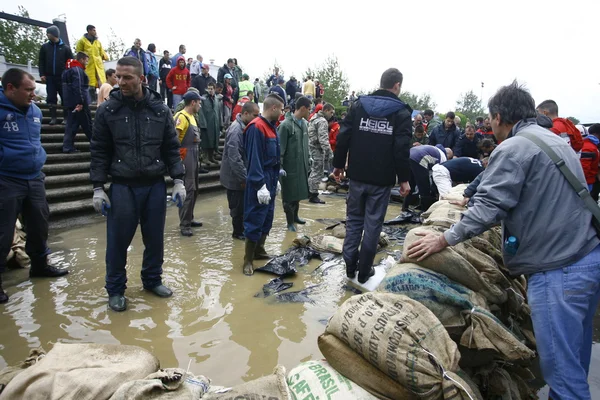
5. The U.S. Aid Gap
Once the world’s largest aid agency, only about 100 disaster-response staff remain within the State Department after the closure of USAID-a fraction of what used to be. According to experts, including Sarah Charles, a former head of USAID’s Bureau of Humanitarian Assistance, pre-positioned supplies along with advance deployments that had been standard in hurricane seasons no longer exist. After Secretary of State Marco Rubio promised “critical lifesaving supplies” and deployed search-and-rescue teams, bureaucratic delays could again stand between the flow of aid and remote hardest-hit areas.
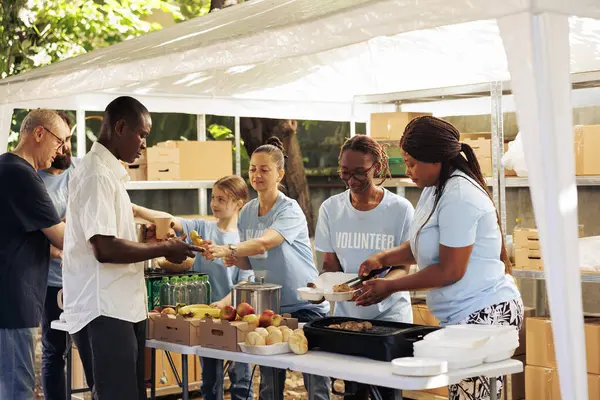
6. Anxiety in the Wake of Disaster
For someone like Arlene Wright, who lives in Miami, the unanswered calls to family in Black River only add to the emotional burden. Natural disasters can unleash acute stress responses, according to experts: trouble sleeping, constant concern, and even physical symptoms like a racing heart or stomach pain. Maintaining routines, connecting with supportive networks, and seeking professional help if distress does not go away are some of the healthy ways to cope.
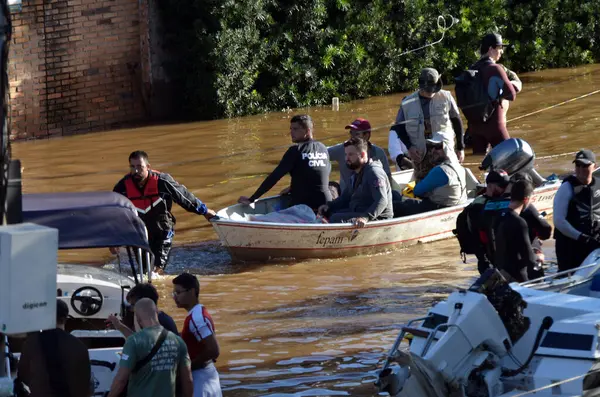
7. Community Resilience
Recovery involves not only reconstruction but also strengthening the social fabric. Community resilience translates to sound health systems, trusted local leadership, and social connectedness that can mobilize resources quickly. Orders to evacuate get implemented, aid reaches the most vulnerable residents, and local organizations provide sustenance, clean water, and shelter in resilient communities. Long-range strategies-preserving coastal wetlands, for instance, or enforcing resilient building codes and increasing access to public health-can help mitigate the impact of future disasters.
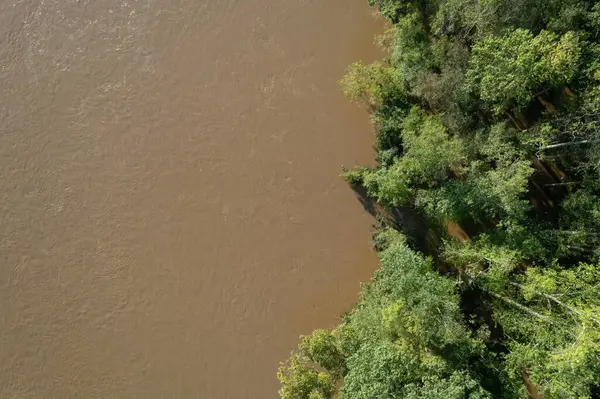
8. Drawing Lessons from Past Responses
The deployment of the Red Cross after Hurricane Helene in North Carolina is a good example of what can be achieved when volunteer networks act in great coordination. Models such as these, marrying public health expertise with logistic capacity, hold potential to help Caribbean nations recover faster. As climate change increases the intensity of these storms, these partnerships remain a lifesaver.

9. Preparing for the Next Storm
Melissa’s trail of destruction reminds one that this Caribbean hurricane season is still far from over. Rain up to 10 inches and 7-foot storm surges are forecast by Bahamas authorities as the storm churns on. For communities in its path, preparation remains the best defense against the mounting threats of nature: boarding up windows, clearing debris, and activating evacuation plans.
Vivid images of towns flattened and water-filled streets will linger, but so too will the stories of resilience: a teenager stuffing old clothes under doors to hold back floodwaters, neighbors relaying news of homes lost, and leaders in vows to “devote all our energy to mount a strong recovery.” In the Caribbean, survival has always meant more than weathering the storm; it means building stronger each time the winds return.


